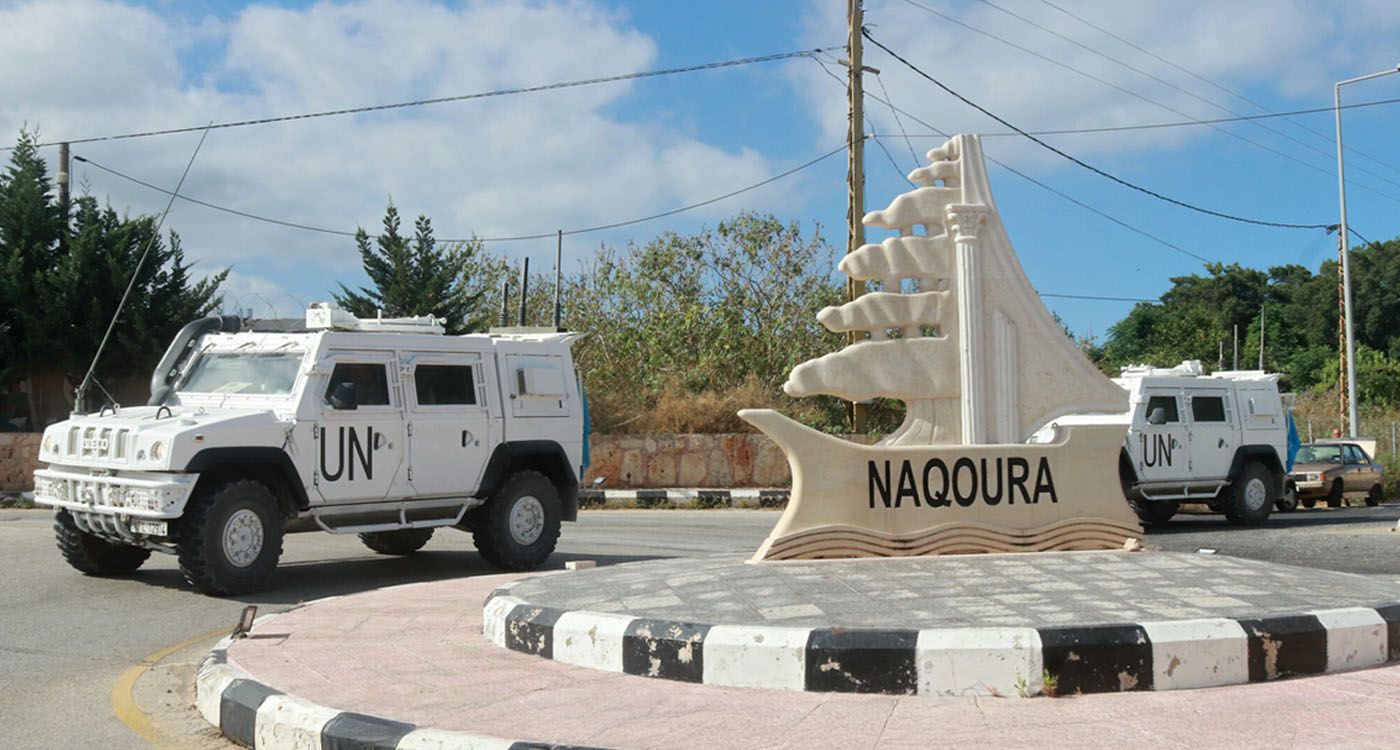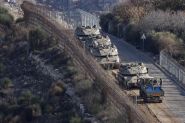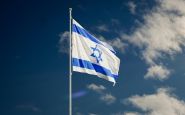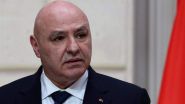
This international monitoring committee has not yet been formed, yet the violations of the ceasefire cast doubt on the rationale for its establishment and the validity of its functioning, especially as many fear a resumption of confrontations between Hezbollah and Israel.
However, contrary to the wishes of many Lebanese, it is not within the mandate of this committee to eradicate violations on the ground or confront breaches of the ceasefire, which remains at best fragile, through coercive and repressive actions. Nevertheless, its scope of action goes beyond the confines of strict passive monitoring.
A look back at the past
As stipulated in the agreement, the ceasefire monitoring committee is a developed version of the tripartite observation committee originally set up under Resolution 1701. This allows stakeholders to bypass potential legal obligations and institutional recourse. "So we are starting with a committee that exists legally as stipulated by 1701. This committee, composed of a representatives from the Lebanese army, the Israeli army, and UNIFIL, has been expanded by 'inviting observers,' hence the US chairmanship and French participation," as clarified by informed sources. Due to this "expansion," this committee is now referred to as the "Mechanism."
The idea of such an international multiparty committee date back to 1996, following the "Grapes of Wrath" operation—considered a precursor to the wars of 2006 and 2024—which was halted by the "April Understandings." At the time, Syria was among its five components, alongside the United States, France, Lebanon, and Israel.
Composition of the committee
Chaired by the United States, which appointed Major General Jasper Jeffers, the committee includes among its members French Brigadier General Guillaume Ponchin and Lebanese Brigadier General Edgar Lawandos.
A brief statement from the US Central Command (Centcom) announced that General Jeffers would initially work alongside US envoy Amos Hochstein while awaiting the appointment of a "civilian and permanent" co-chair.
According to informed sources, the teams of collaborators assigned to support the military representatives are not exclusively technical-military but include diplomats who will ensure political-level coordination.
In light of the ongoing ceasefire violations, the committee's five members are expected to begin their work within hours at UNIFIL's headquarters in Naqoura, southern Lebanon.
Role of the committee: Observation and... political solicitation
According to these sources, the committee's mission, though officially defined as "the implementation and monitoring of the ceasefire between Israel and Lebanon," aligns with Amos Hochstein's perspective: "We’ll figure it out as we go," as the procedures for monitoring violations and addressing them are yet to be determined. This will occur when the committee meets at the UN headquarters in Naqoura, where it will establish its office.
As stipulated in the ceasefire agreement, the committee is also tasked with "strengthening the capacity and training of the Lebanese Armed Forces to inspect and dismantle unauthorized sites and infrastructures, both surface and underground, confiscate unauthorized weapons, and prevent the presence of unauthorized armed groups."
Meanwhile, "UNIFIL will continue its activities within its mandate," according to the terms of the agreement. Practically speaking, as UNIFIL spokesperson Andrea Tenenti stated, this means that UNIFIL does not monitor the ceasefire implementation.
"We participate in the meetings of the mechanism for the supervision of the cessation of hostilities and contribute our expertise and input. We remain deployed in southern Lebanon, monitoring and supporting the Lebanese Armed Forces in their deployment in southern Lebanon. We will continue to work towards restoring stability in the south and assisting local communities. As well, we will continue to monitor and report violations of Resolution 1701, not the ceasefire. We are not mandated to do so. It will be up to the Mechanism to handle this," Tenenti said.
From there, once information about a violation or violations of Resolution 1701 is transmitted to the "Observation Mechanism," it does not merely "automatically record" the information or "compile a list of violations." Instead, it ensures that the Lebanese army intervenes (e.g., dismantling a detected missile launcher) and follows up on the neutralization of the violation's effects (e.g., confiscation of missiles).
This does not mean that the "Mechanism" has "executive power" or the "ability to issue orders" to the Lebanese army or UNIFIL, as noted by the informed source. They added, "But the presence of American and French officers who will liaise between stakeholders—Israel and Lebanon—will ensure the proper implementation of actions taken to limit the presence of weapons south of the Litani River. Due to the American and French presence, political powers can intervene with the governments of the countries involved—be it the US with Israel or France with Lebanon."
Thus, it would be a sort of "complaint bureau" allowing the parties to more effectively record their observations of daily violations and address them through political engagement by the two countries (the United States and France), given the involvement of their diplomats. Informed sources emphasize the "political capital" of the "Mechanism," recalling that "in 1996, it was the UN Secretary-General who expressed the international community's position by reporting violations (of the ceasefire). Three days ago, it was President (Emmanuel) Macron... who himself reported violations on the Israeli side."
It is also noteworthy that the United States has warned Israel against any violations of the ceasefire agreement in Lebanon, with US envoy Amos Hochstein sending a letter to Israel to this effect.
The political intervention of the United States and France, under the guise of the monitoring committee, will make all the difference between the failure to implement the ceasefire and the potential success of the proclaimed agreement between Hezbollah and Israel. The establishment of the international monitoring committee could be seen as a necessary step towards a revived truce... until further notice.




Comments